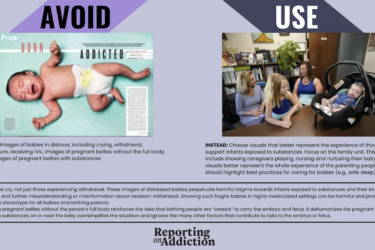
An innovative program in Orange County, N.C., taps into older adults’ leadership skills — and trains them to give back to the community. Project EngAGE helps people age 55 years and older build relationships with community leaders and organization so they can advocate for other older adults who may need social services, housing or other assistance.
Jan DuMont, 71, a retired nurse who moved to the area from Washington, D.C., enrolled in the 13-week program, which covers a range of health and aging services specific to the older population. As this News-Observer article explains, they serve as senior resource leaders who address important concerns among other older adults in the community. “We help to address gaps in the system,” she said in a phone interview.
Program participants during training form issue-specific teams — such as educating people about end-of-life and hospice care, senior nutrition, fall prevention and aging in place. The program grew out of the University of North Carolina-Chapel Hill’s Health Behavior Capstone Team. They partnered with the Orange County Department on Aging to reach older, isolated residents.
Although Orange County includes the Chapel Hill area, many of elderly that the teams visit live in rural parts of the county. They don’t drive and have no one to help. This often leads to serious health and quality-of-life challenges. Public transportation in these areas is non-existent and people often lack the income for the regular use of a taxis to get to doctor’s appointments or supermarkets often 10 miles away.
Project Engage teams strive to build relationships with the seniors, DuMont said. It can be a slow process, especially for “outsiders,” but eventually the comfort level increases enough for a resident to accept a ride to a doctor’s appointment or to agree to apply for home-delivered meals — even if they insist they don’t need help. “There’s a lot of pride involved here,” she said. “We have to be very subtle when bringing up some of these issues.”
DuMont and her friend Mary Kay Kraft, another Project Engage leadership graduate, visit 22 people each week. Another 184 are on the waiting list. “It’s rewarding for us to help them,” Kraft said. “Because many are so isolated, we may be the only people they see all week. It’s nice to know we’re there for someone.”
The work also gives Kraft and DuMont a sense of purpose. “We didn’t just want to retire and sit in our rocking chairs,” Kraft said.
The Project Engage Program offers its graduates more training to deal with more complex situations, such as how to identify and refer someone who may be depressed or show signs of dementia.
Project Engage is one of several community-based aging initiatives offered through the school’s campus-wide Partnerships in Aging Program (PiAP). This report from National Council on Aging highlights other partnerships between academic institutions, public and private organizations that help bring needed services to seniors throughout the United States.
Journalists may want to look into how their city or county agencies partner with nearby academic institutions. There likely are dozens of unique stories waiting to be told.







